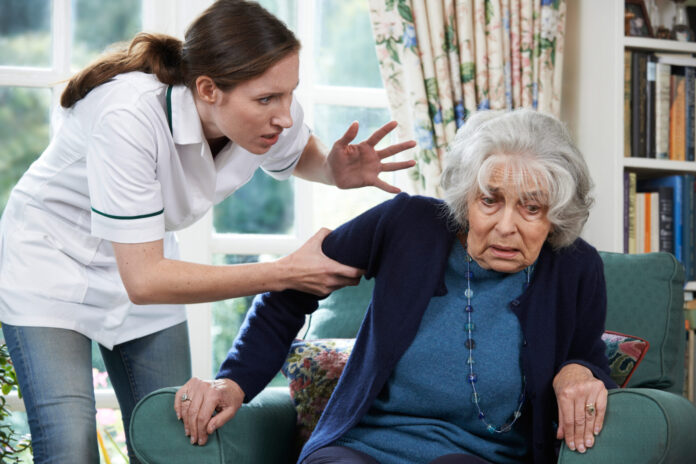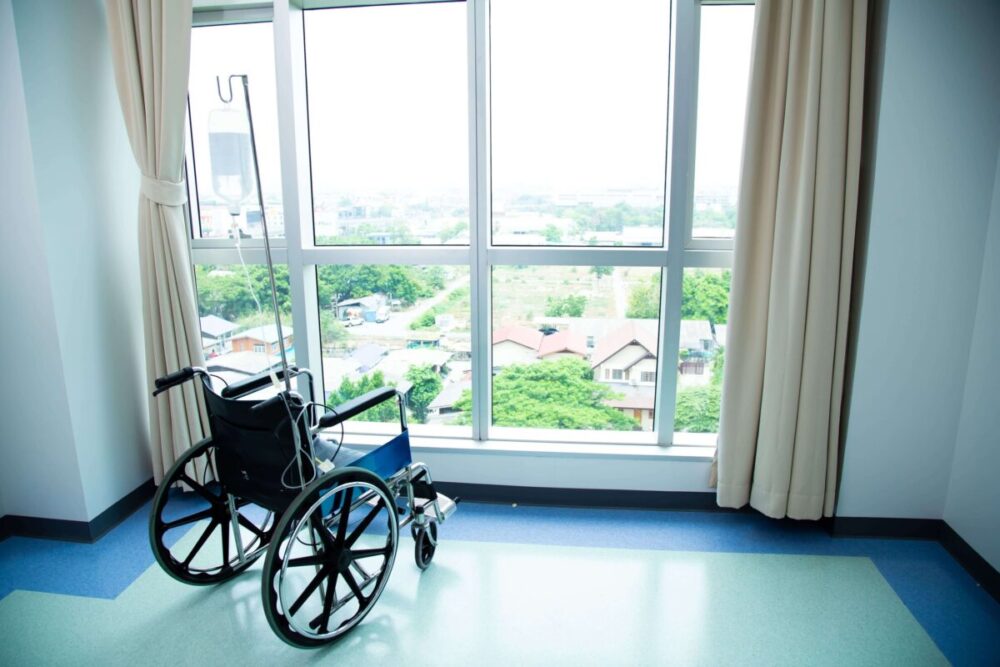
Nursing home abuse is a deeply concerning issue that affects our elderly population, often the most vulnerable members of our society. Recognizing the signs of abuse, understanding the various types, and knowing the legal rights available are crucial steps toward seeking justice for nursing home abuse victims. In this article, we’ll explore these aspects in detail, including the importance of choosing the right legal representation, the steps in pursuing a lawsuit, the role of expert witnesses, and the choices victims and their families face in achieving justice and compensation.
Recognizing the Signs
The first step in addressing nursing home abuse is recognizing the signs. Abuse can take various forms, and being vigilant is essential to protect our loved ones.
Common Types of Abuse

- Physical Abuse: This includes any intentional use of force that results in physical harm, such as hitting, slapping, or restraining a resident improperly. Signs may include unexplained bruises, cuts, or injuries.
- Emotional Abuse: Emotional abuse involves psychological harm inflicted through insults, humiliation, threats, or isolation. Victims may display sudden behavioral changes, social withdrawal, or emotional distress.
- Neglect: Neglect occurs when caregivers fail to provide necessary care, such as assistance with hygiene, nutrition, or medical needs. Warning signs may include poor personal hygiene, malnutrition, or untreated medical conditions.
- Financial Abuse: Financial abuse is the misuse of a resident’s assets or funds by caregivers or other residents. Suspicious financial transactions, missing belongings, or changes in financial control can indicate such abuse.
- Sexual Abuse: This horrifying form of abuse involves non-consensual sexual activity or assault within nursing homes. Victims may exhibit signs of trauma, unexplained sexually transmitted infections, or emotional distress.
Legal Rights of Nursing Home Residents
To protect the well-being and dignity of nursing home residents, legal rights have been established, which facilities are required to uphold.
Resident Bill of Rights
- Dignity and Respect: Residents have the right to be treated with dignity and respect, regardless of their physical or mental condition.
- Privacy: Protection of personal and medical information is guaranteed, with strict regulations in place to safeguard resident confidentiality.
- Freedom from Abuse: Nursing home residents are entitled to live free from physical, emotional, or financial abuse. Any form of mistreatment is unacceptable.
- Quality of Life: Facilities must ensure a comfortable living environment that promotes residents’ quality of life, including appropriate nutrition, hydration, and social engagement.
- Complaints: Residents have the right to voice grievances about their care without fear of retaliation. Nursing homes are legally obligated to address these complaints promptly.
Legal Recourse for Victims
When nursing home residents are subjected to abuse or neglect, they have legal recourse to seek justice and hold those responsible accountable for their actions. Legal action is an essential step toward ensuring the rights of the victim.
Choosing the Right Legal Representation

Selecting the right legal representation is paramount when pursuing a nursing home abuse case. Victims and their families must consider several factors to make an informed choice.
Factors to Consider
- Experience: It’s crucial to choose an attorney with a proven track record in handling nursing home abuse cases. Experience in this specific field can make a significant difference.
- Expertise: An attorney with knowledge of elder abuse laws and regulations is better equipped to navigate the complex legal landscape surrounding nursing home abuse cases.
- Communication: Effective communication between the attorney and the client is essential. Victims and their families should feel comfortable discussing their concerns and receiving updates on their case.
- Resources: Access to investigative resources and expert witnesses can greatly enhance the strength of a case. Ensure your attorney has the necessary resources at their disposal.
- Client Testimonials: Reading reviews and success stories from past clients can provide insight into an attorney’s competence and commitment to their clients’ needs.
Questions to Ask Attorneys
When consulting with potential attorneys, victims and their families should ask specific questions to evaluate the attorney’s suitability for their case.
- Have you handled nursing home abuse cases before?: Experience in this field is crucial.
- What is your approach to building a strong case?: Understanding the attorney’s strategy is essential.
- How do you involve expert witnesses in your cases?: Expert witnesses can be invaluable in nursing home abuse cases.
- What are the potential outcomes of a nursing home abuse lawsuit?: Understanding the possibilities helps set realistic expectations.
- How do you prioritize the needs of your clients throughout the legal process?: Ensuring that the attorney is committed to your well-being is essential.
Steps in Pursuing a Nursing Home Abuse Lawsuit

Once victims and their families have chosen the right legal representation, they need to understand the steps involved in pursuing a nursing home abuse lawsuit.
Gathering Evidence
Building a strong case requires gathering substantial evidence. This evidence may include medical records, witness statements, photographs, and other documentation that substantiates the abuse claims.
Filing a Lawsuit
Initiating legal proceedings is a significant step in seeking justice for nursing home abuse victims. Victims and their legal teams will work together to file a lawsuit against the responsible parties. Understanding the legal requirements and timelines is essential for a successful lawsuit.
The Role of Expert Witnesses
Expert witnesses play a crucial role in nursing home abuse cases. Their professional opinions and analyses can provide crucial support for the victim’s claims.
Importance in Building a Strong Case
Expert witnesses can offer insights and expertise that bolster the victim’s case. Medical experts can evaluate injuries and determine if they align with abuse claims. Psychological experts can assess the emotional and psychological impact of abuse, providing valuable testimony. Financial experts can evaluate suspicious transactions and financial exploitation. Forensic experts can examine physical evidence and conduct investigations, strengthening the case further.
Types of Expert Witnesses
- Medical Experts: These professionals can provide insights into injuries, medical records, and standards of care in nursing homes.
- Psychological Experts: Experts in psychology can assess the emotional and psychological impact of abuse on the victim.
- Financial Experts: Professionals in finance can evaluate financial exploitation and suspicious transactions.
- Forensic Experts: Forensic experts can analyze physical evidence, conduct investigations, and provide expert testimony.
Achieving Justice and Compensation

After filing a lawsuit, victims and their families must consider whether to pursue a settlement or go to trial. Each option comes with its own set of implications and potential outcomes as seen here on Union Law Firm, where their experienced attorneys guide clients through this critical decision-making process.
Settlement vs. Trial
Understanding the pros and cons of settling out of court versus going to trial is essential. Settlements may offer quicker resolutions, but victims may receive less compensation than they would in a successful trial. Trials, on the other hand, can be lengthy and emotionally taxing but may result in higher compensation.
The Impact on Victims and Families
The pursuit of justice and compensation can have profound effects on the well-being and closure of nursing home abuse victims and their families. While achieving justice is a primary goal, it’s also important to consider the emotional toll the process can take. Support and counseling are essential resources for those affected.
In conclusion, understanding nursing home abuse, recognizing the signs, knowing the legal rights of residents, choosing the right legal representation, understanding the steps in pursuing a lawsuit, and recognizing the role of expert witnesses are all critical aspects of seeking justice for nursing home abuse victims. Ultimately, the goal is to protect our elderly population and ensure that those responsible for abuse are held accountable, providing closure and compensation to those who have suffered.








